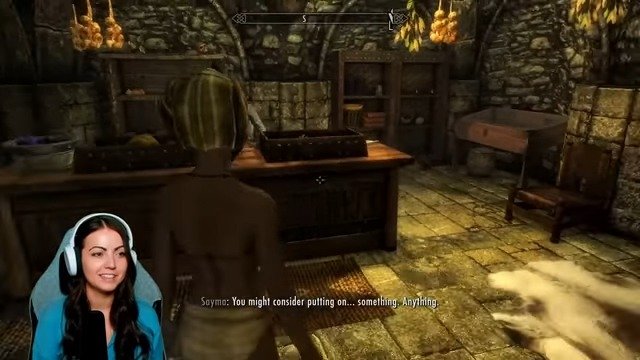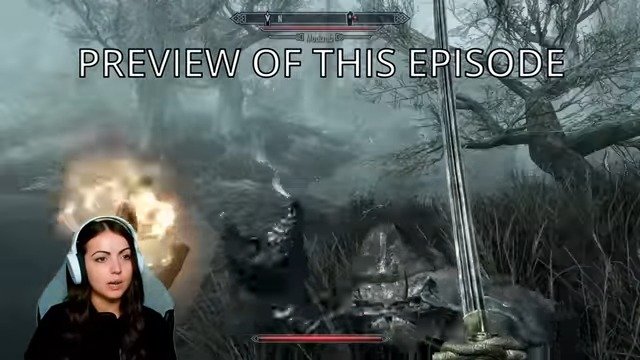Wildroses
Well-Known Member
I decided to replay the main quest for the second time ever, and this phrase kept cropping up.
Now, when I hear a phrase like that, it sounds like a fancy way of saying: "going to die heroically." But seeing as you survive the main storyline, perhaps it does not mean what I think it means.
Those who know Elder Scroll lore better than I, is doom a word which means something specific? Or something slightly different to what I would use the word doom?
Or is the phrase doom driven hero supposed to refer to the fact that intrigue, violence and chaos inevitably follows the Dovahkiin wherever they go? All you have to do is poke your nose into a new town and all sorts of hideous things with far reaching consequences happen.
Here are is the exact dialogue I remember the phrase doom driven hero or just doom being used:
Paarthurnax said this the first time you rock up with the Elder Scroll:
"You have it. The Kel - the Elder Scroll. Tiid kreh... qalos. Time shudders at its touch. There is no question. You are doom-driven. Kogaan Akatosh. The very bones of the earth are at your disposal. Go then. Fulfill your destiny. Take the Scroll to the Time-Wound. Do not delay. Alduin will be coming. He cannot miss the signs."
Tsun when you claim entry to the Hall of Valor by right of birth (Dragonborn) he says: "Ah! It's been too long since last I faced a doom-driven hero of the dragon blood". He also said, when told you pursue Alduin the world eater: "A fateful errand. No few have chafed to face the Worm since first he set his soul-snare here at Sovngarde's threshold. But Shor restrained our wrathful onslaught - perhaps, deep counselled, your doom he foresaw."
Now, when I hear a phrase like that, it sounds like a fancy way of saying: "going to die heroically." But seeing as you survive the main storyline, perhaps it does not mean what I think it means.
Those who know Elder Scroll lore better than I, is doom a word which means something specific? Or something slightly different to what I would use the word doom?
Or is the phrase doom driven hero supposed to refer to the fact that intrigue, violence and chaos inevitably follows the Dovahkiin wherever they go? All you have to do is poke your nose into a new town and all sorts of hideous things with far reaching consequences happen.
Here are is the exact dialogue I remember the phrase doom driven hero or just doom being used:
Paarthurnax said this the first time you rock up with the Elder Scroll:
"You have it. The Kel - the Elder Scroll. Tiid kreh... qalos. Time shudders at its touch. There is no question. You are doom-driven. Kogaan Akatosh. The very bones of the earth are at your disposal. Go then. Fulfill your destiny. Take the Scroll to the Time-Wound. Do not delay. Alduin will be coming. He cannot miss the signs."
Tsun when you claim entry to the Hall of Valor by right of birth (Dragonborn) he says: "Ah! It's been too long since last I faced a doom-driven hero of the dragon blood". He also said, when told you pursue Alduin the world eater: "A fateful errand. No few have chafed to face the Worm since first he set his soul-snare here at Sovngarde's threshold. But Shor restrained our wrathful onslaught - perhaps, deep counselled, your doom he foresaw."




